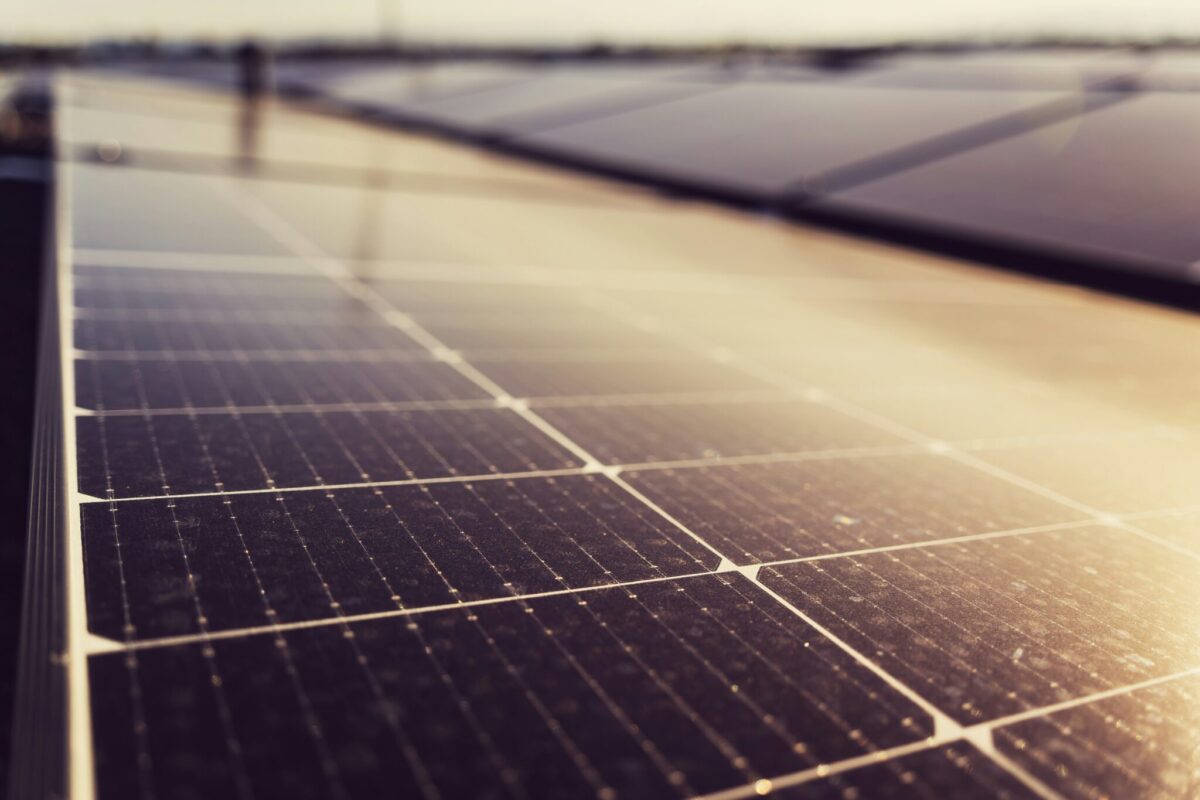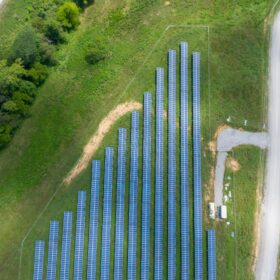The city that gave us Jimi Hendrix, Nirvana and Starbucks has also turned a new page in electrification and curbing emissions. This week Seattle announced it had provided more than 1,000 rebates and no-cost upgrades to low-to-moderate income residents to switch to electric heat pumps from conventional boilers and HVAC systems.
Not a bad start for a mid-tier city whose population is 733,919, an increase of just under 37% since the Dot Com era brought numerous technology companies to the region. Targeting climate pollution in buildings is one of Seattle’s top priorities, while its Clean Heat program rebates incentivize and support building owners to make the transition from oil and propane systems to energy efficient electric heat pump systems.
Seattle’s Office of Sustainability and Environment launched the Clean Heat program in 2017, providing an instant $1,500 rebate to qualified contractors to apply credit to customer’s invoices when they convert their HVAC system to electric systems like a heat pump. Households that qualify as low-to-moderate income are eligible to receive a heat pump conversion at no cost through the city’s Office of Housing bureau.
An additional $2,000 tax credit from the Inflation Reduction Act brings the total rebate ticket to $3,500 for Seattle residents to recoup from switching to electric heat pumps.
Residents interested in converting to heat pumps can visit the OSE’s website to enroll, while the city has set up a Clean Heat Program website to find contractors available to install a Mitsubishi Electric heat pump.

Image: Shutterfly
The average household uses 500 gallons per year for heating, or 5 metric tons of carbon emissions, the equivalent of driving 12,244 miles in an average car.
With about 18,000 households tied to oil heating systems at the start, the Sustainability office estimates up to 1,500 householders per year have been transitioning from oil to electric systems. This shows a 28% conversion rate based on a cumulative drop to 13,000 oil systems on the high end.
By December 2028, Seattle homeowners with traditional oil tanks may be mandated to upgrade their tank to a code-compliant tank in order to prevent leaks or otherwise remove the tank without fear of penalty. The Seattle City Council recently budgeted $2.6 million for 2023-24 for oil conversion incentives, while repealing its oil tax ordinance.
Electric heat pumps not only reduce carbon emissions, they are also three times more efficient than an oil furnace. The technology has also improved over the last decade, as current systems detect changes in temperature and adjust accordingly, with increased reliability. Despite their name, heat pumps also provide air conditioning during the Summer, providing a dual system that as an electric system runs year-round providing temperature-controlled comfort throughout the house. A heat pump’s filtration system can meanwhile be increased during seasons of increased wildfire risk, when smoke and poor air quality can extend into urban environments.
According to the Rocky Mountain Institute, as of November 2022 more than 15 states and 100 U.S. cities have moved to electrification via heat pumps and other means such as EV charging systems, with four states – New York, California, Massachusetts and Maine – calling for a full electrification to heat pumps by 2030.
- In New York, Governor Hochul called for the retrofit of 2 million electrified or electrification-ready homes by 2030, which includes heat pumps, as well as all-electric new construction no later than 2027.
- In California, Governor Newsom called for 3 million climate-friendly homes by 2030 and 7 million by 2035. He set a target of 6 million heat pumps to be deployed by 2030, with at least 50 percent of the funding to achieve these goals to be in historically marginalized and underserved communities.
- The Massachusetts 2020 Decarbonization Roadmap calls for efficient electric heating in approximately 1 million homes and in 300 million square feet of commercial buildings by 2030.
- In Maine, Governor Mills called for the installation of 100,000 high-performance heat pumps in the state’s homes and businesses by 2025, as well as funding commitments to help achieve the goal. Maine is making notable progress toward its commitment — just one year after the commitment, more than 28,000 high-efficiency heat pumps were installed.
This content is protected by copyright and may not be reused. If you want to cooperate with us and would like to reuse some of our content, please contact: editors@pv-magazine.com.









By submitting this form you agree to pv magazine using your data for the purposes of publishing your comment.
Your personal data will only be disclosed or otherwise transmitted to third parties for the purposes of spam filtering or if this is necessary for technical maintenance of the website. Any other transfer to third parties will not take place unless this is justified on the basis of applicable data protection regulations or if pv magazine is legally obliged to do so.
You may revoke this consent at any time with effect for the future, in which case your personal data will be deleted immediately. Otherwise, your data will be deleted if pv magazine has processed your request or the purpose of data storage is fulfilled.
Further information on data privacy can be found in our Data Protection Policy.